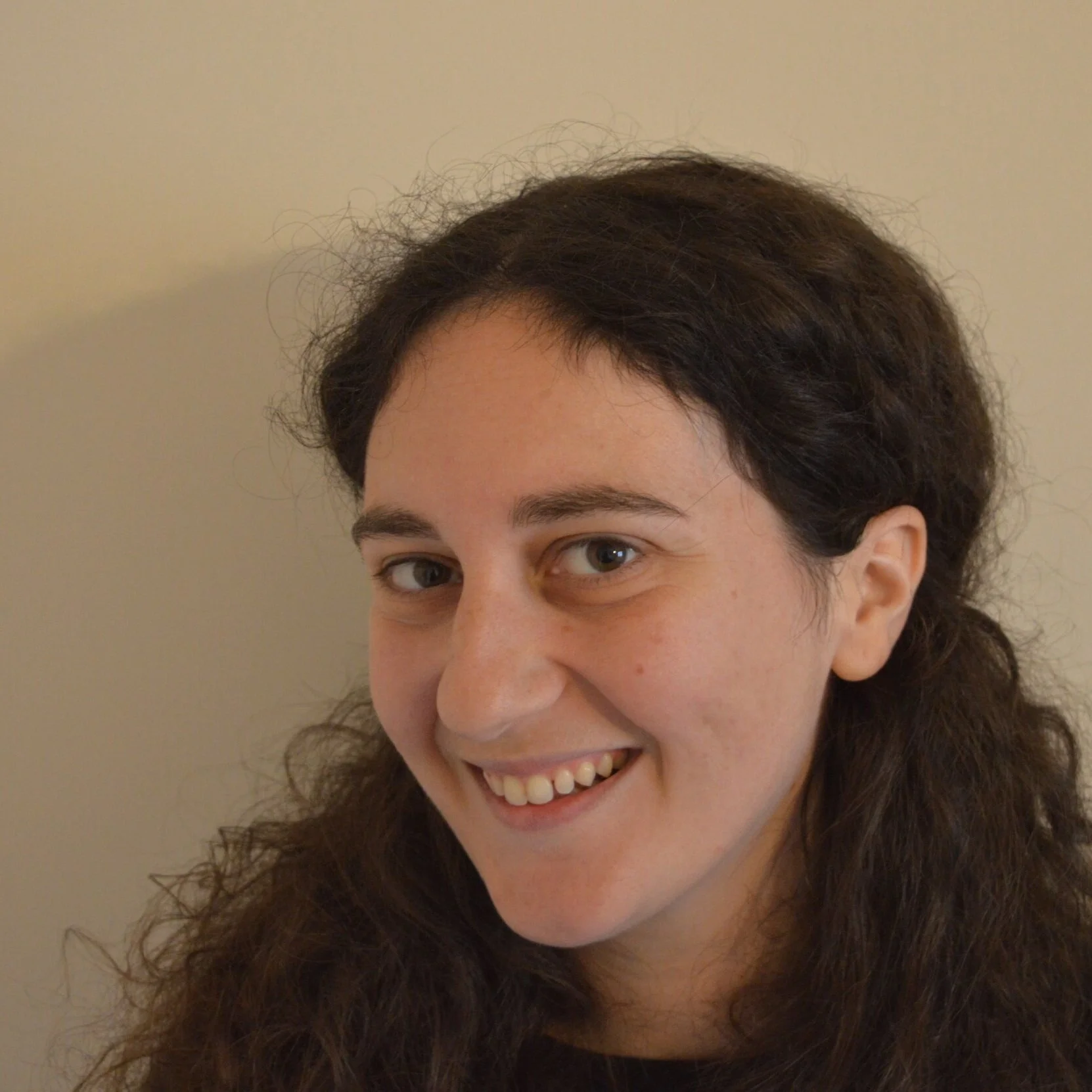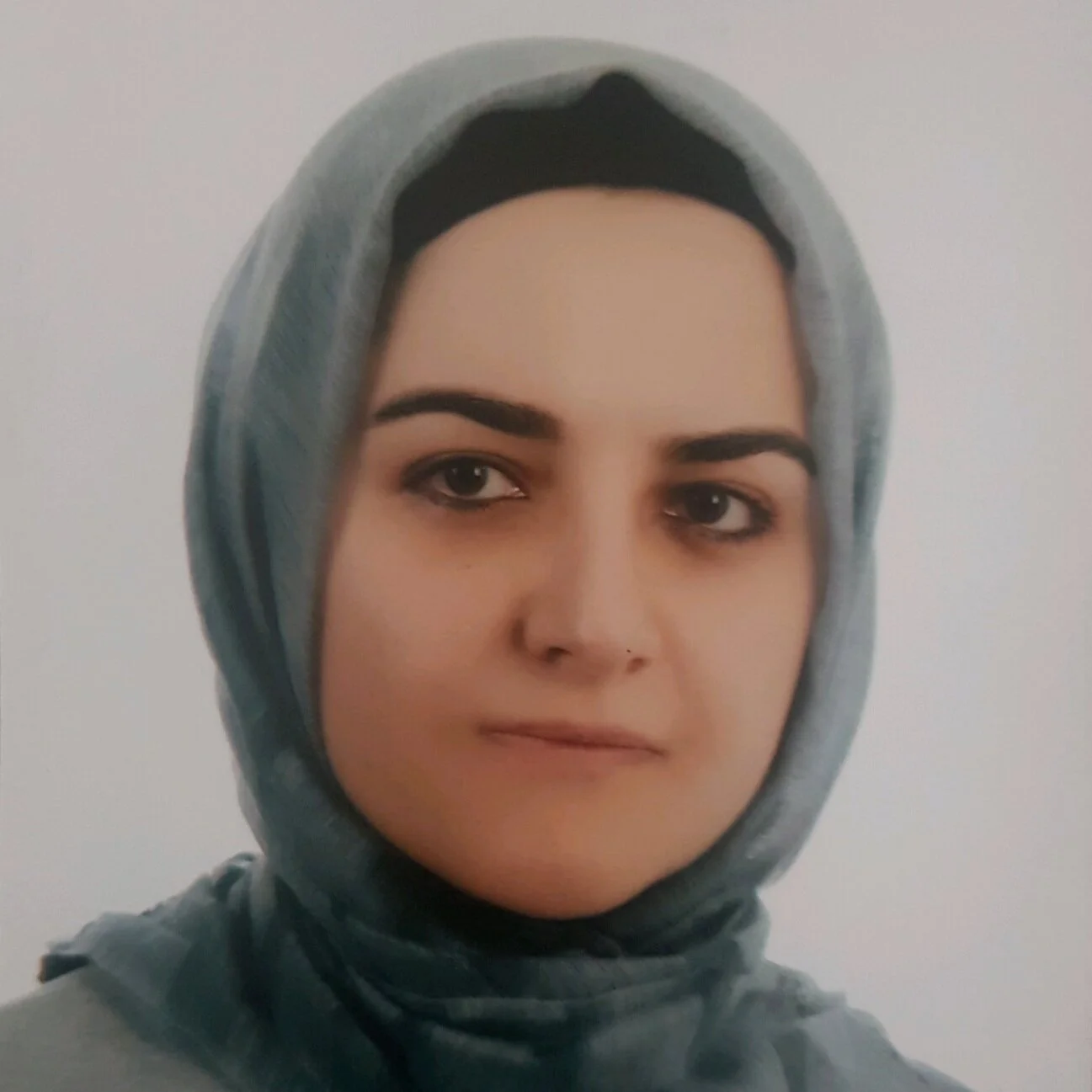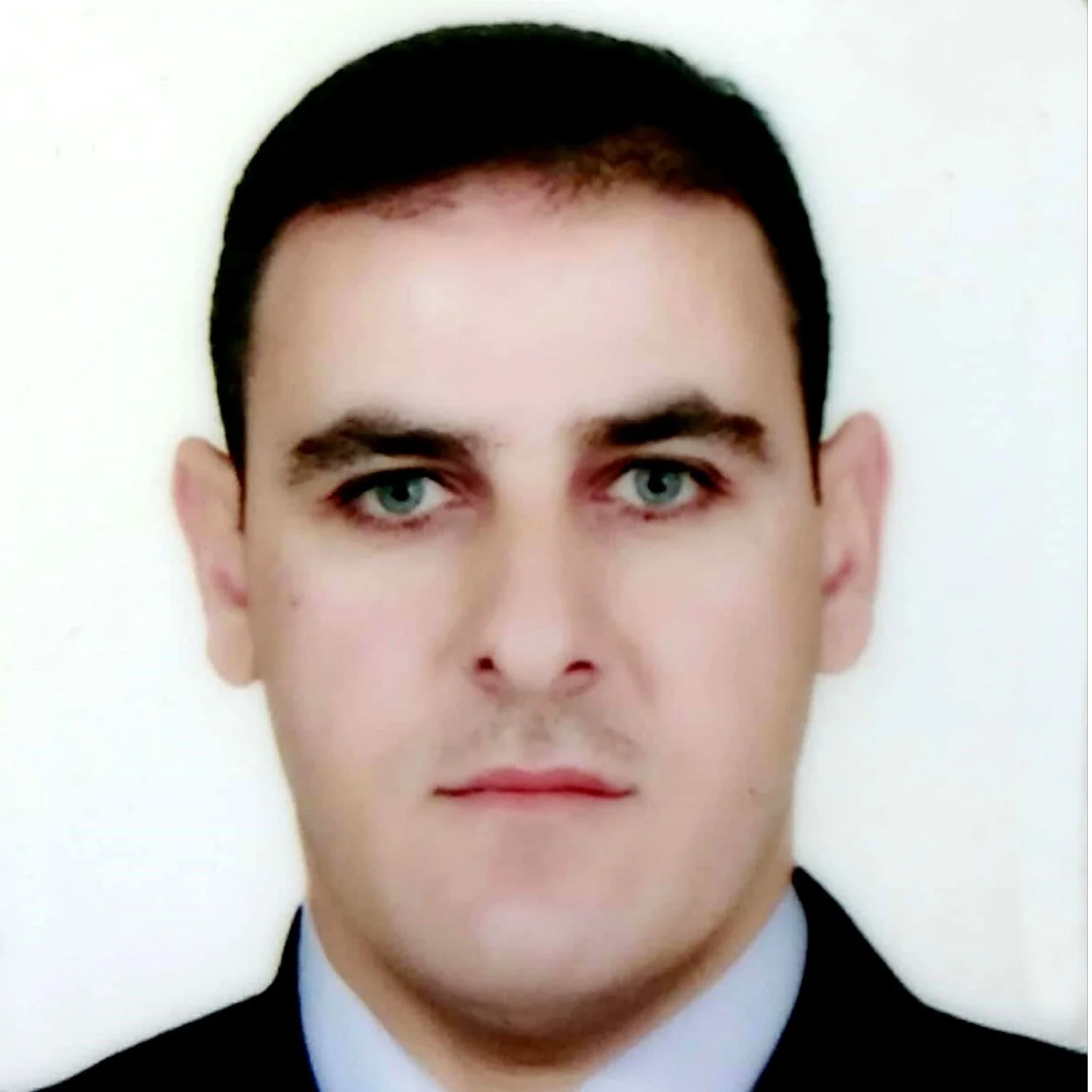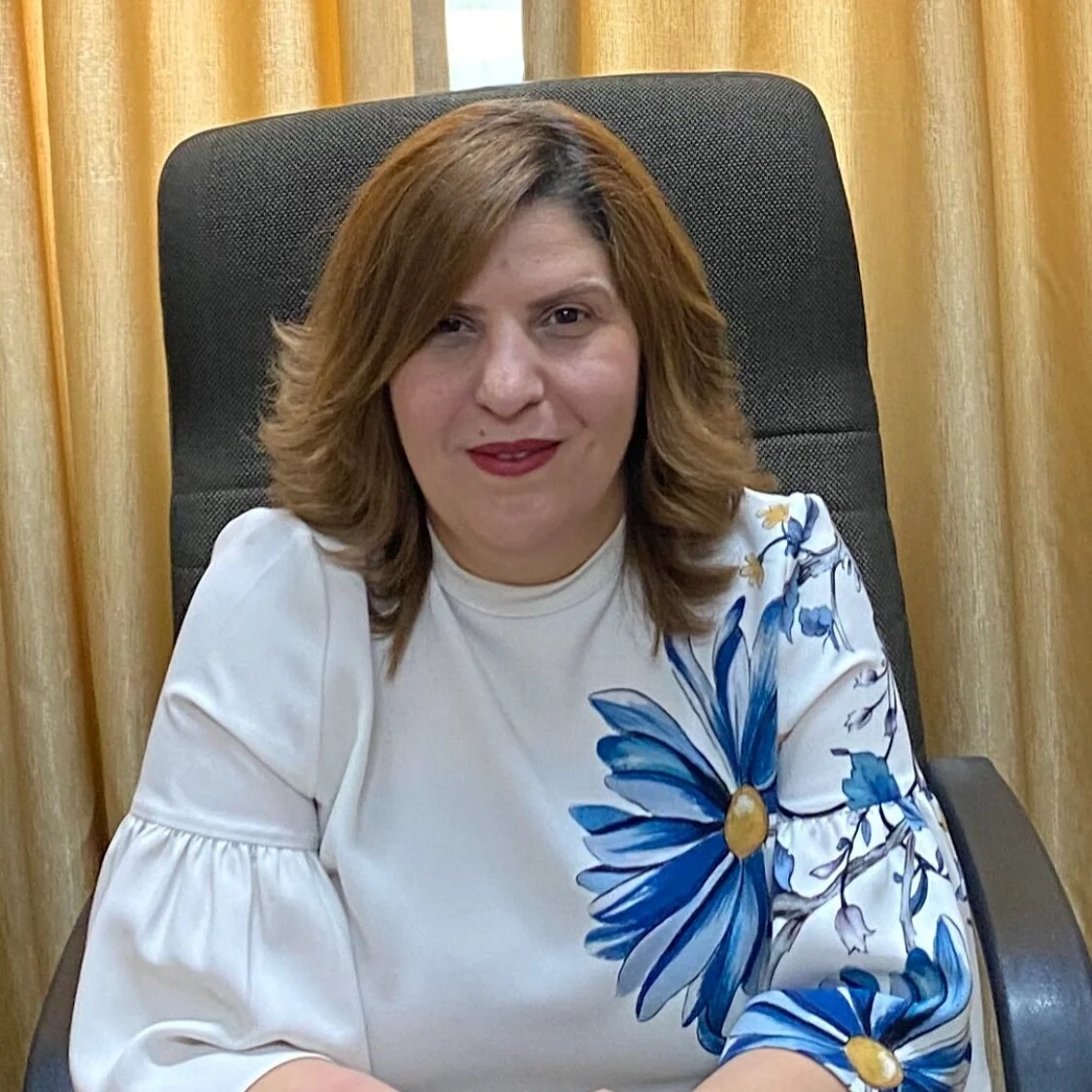Commencing in January 2021
The Challenge
The interaction between protracted conflict, displacement and global health, economic or environmental shocks (such as COVID-19) has created interconnected and multi-dimensional fragilities at the nexus of security, humanitarian and sustainable development agendas in Syria and neighbouring countries. Diminished local research & scientific capacity has further constrained access to and integration of local expertise that is essential for timely, evidence-based decision-making, particularly in response to emergencies. Although much has been documented about the impact of conflict on food, health and environmental security generally, there has been limited emphasis so far, on the role that (Syrian) academics in exile could play in shaping knowledge & expertise for long-term preparedness and reconstruction efforts to achieve One Health and Planetary Health resilience and accelerate progress towards the Sustainable Development Goals by 2030.
Research Aims
The FIELD Network seeks to improve and develop resilience measures and long-term preparedness, primarily for food, but also for health and environmental security (Planetary Health) threats through the creation of an expert information ecosystem that is appropriate for Syria, and its neighbouring countries (such as Jordan, Lebanon, Turkey, Iraq) but that may be tailored to different fragile and conflict affected states (FCAS) geographies around the world. Our aim is to anchor the design and implementation of risk assessment, mitigation and resilience-building approaches to locally, culturally and historically appropriate practices and risk communication.
Anticipated Outcomes and Impact
The FIELD network will host a series of research development and writing workshops with our colleagues at Yarmouk University (Jordan), Cara Syria Turkey) and academics, decision-makers and practitioners from partner countries (Çukurova University and Nigde Ömer Halisdemir University (Turkey); Erbil Polytechnic University (Iraqi Kurdistan), and representatives from donors, InGOs, and local NGOs. An important outcome of this project is to understand the necessary One Health and Planetary Health research capacity and capabilities needed in country to ensure a flexible evidence-based response to both urgent and non-urgent One Health policy demands.







![EPU University Logo[1].jpg](https://images.squarespace-cdn.com/content/v1/5fa3d6390e27d76c3131e8cb/1607609290164-ICVWXYHNKSRPQFDB28V0/EPU+University+Logo%5B1%5D.jpg)















